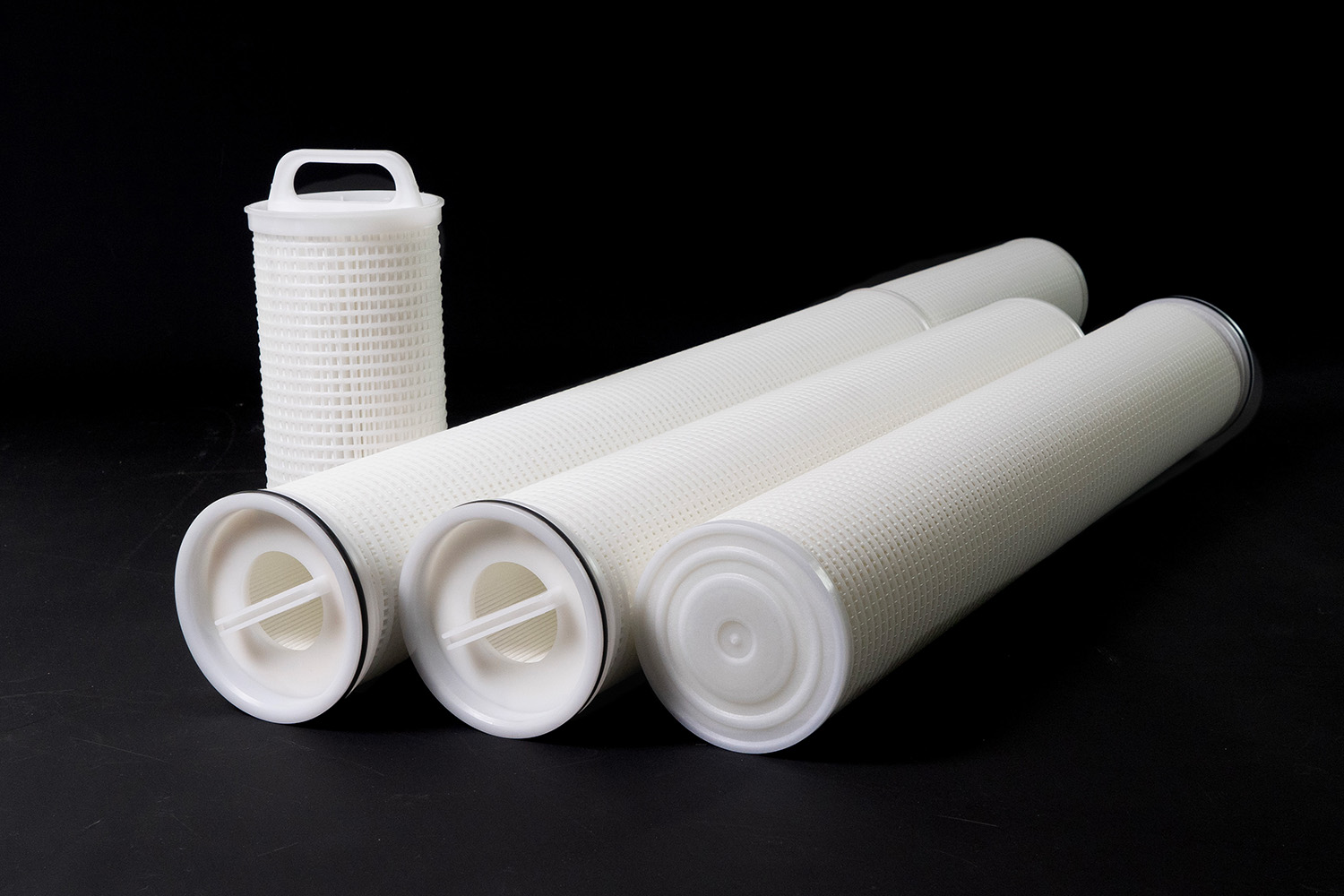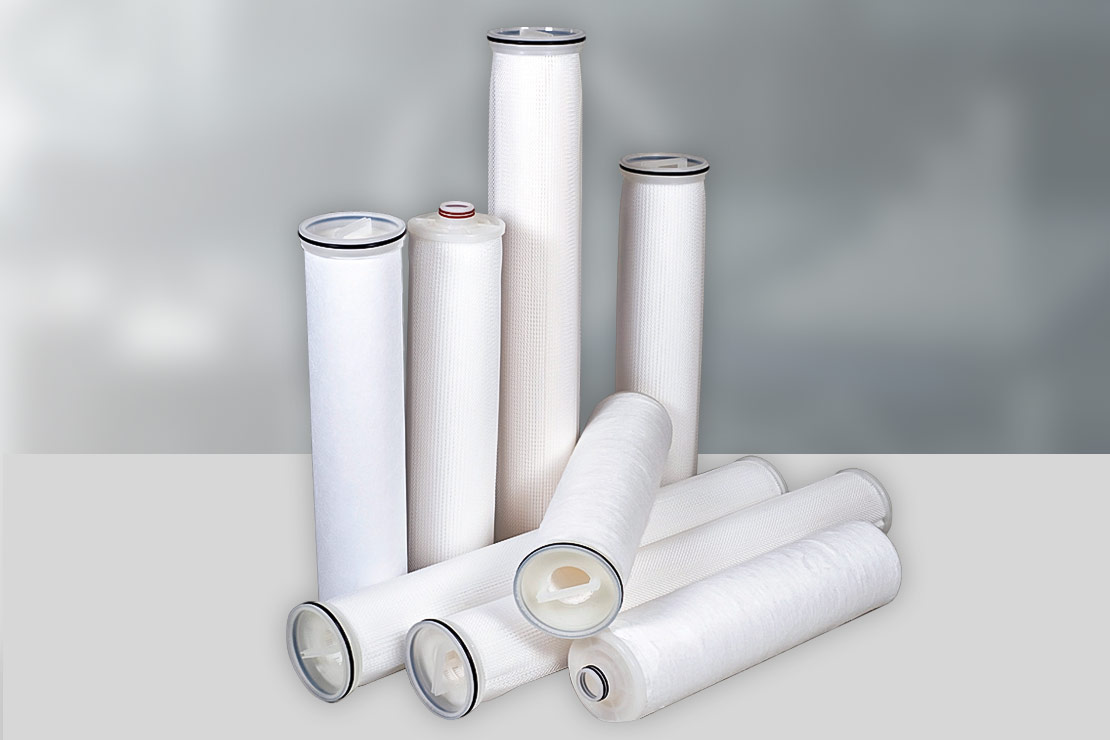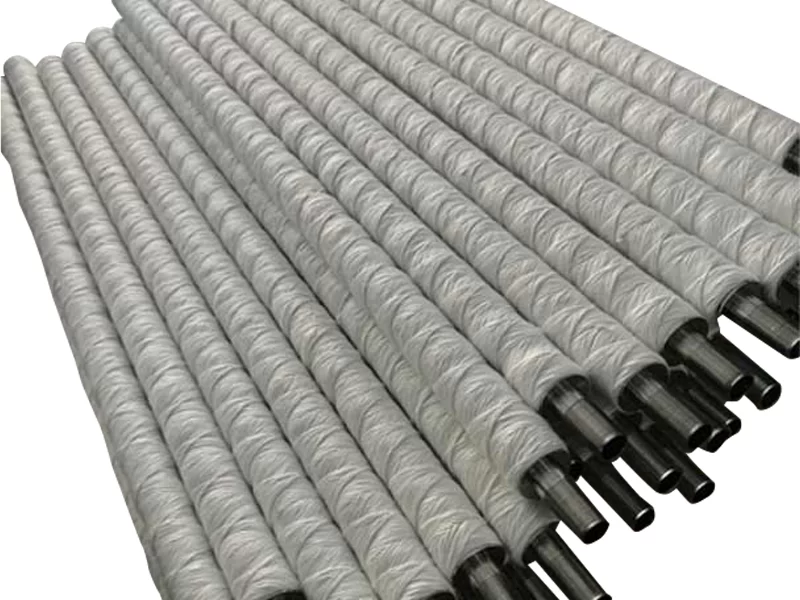Due to aspects such as high-flow filtration systems eradicating pollutants from air, water as well as industrial processes, they act as vital tools for sustaining a sound environment. There are a number of environmental benefits offered by these systems and those have positive effects on public health, and natural resources, and promote sustainability. The High Flow Filter Market size is expected to develop revenue and exponential market growth at a remarkable CAGR during the forecast period from 2023–2030.
These are the top ten benefits of high-flow filtering for a healthy environment, explained in detail for a thorough knowledge:
These are the top ten benefits of high-flow filtering for a healthy environment, explained in detail for a thorough knowledge:

Table of Contents
- 1. Reducing Air Pollution
- 2. Enhancing Water Purity
- 3. Encouraging Industrial Procedures
- 4. Cutting Back on Environmental Pollution
- 5. Encouraging Ecological Water Management
- 6. Reducing the amount of waste produced
- 7. Increasing Energy Efficiency
- 8. Preserving Abundant Water Resources
- 9. Encouragement of Agricultural Methods
- 10. Encouraging Environmental Regulation Compliance
1. Reducing Air Pollution
High-flow air filtration systems capture pollutants, allergens, and particle matter, it is imperative that they be used to enhance air quality. These technologies are commonly used in open spaces, heating and air conditioning systems, and other production facilities. High-flow filter alleviates respiratory difficulties, allergies, and asthma due to the removal of airborne particles such as dust, pollen, mold spores, and chemicals. Improved quality of living, low costs of medical care, and healthier populations result from this.
These filters protect the health of workers in industries from toxic emissions and ensure compliance with the laws of the environment. Leading to an increase in productivity and satisfaction of workers, and cleaner air which fosters pleasant and secure working conditions.
These filters protect the health of workers in industries from toxic emissions and ensure compliance with the laws of the environment. Leading to an increase in productivity and satisfaction of workers, and cleaner air which fosters pleasant and secure working conditions.
2. Enhancing Water Purity
Ensuring the safety and purity of drinking water is mostly dependent on high-flow water filtering devices. From water supplies, they eliminate dangerous pollutants like bacteria, viruses, heavy metals, pesticides, and other substances. Public health depends critically on this purification process, particularly in places where pollution or insufficient infrastructure has harmed the quality of the water.
High-flow water filters provide homes with safe, clean water for cooking, bathing, and drinking. These systems guarantee the purity of water used in industrial operations, therefore preserving the safety of consumers and the quality of the products produced.
High-flow water filters provide homes with safe, clean water for cooking, bathing, and drinking. These systems guarantee the purity of water used in industrial operations, therefore preserving the safety of consumers and the quality of the products produced.
3. Encouraging Industrial Procedures
High-flow filtering systems keep gases and fluids pure in a number of industrial applications, avoiding contamination and guaranteeing constant product quality. To satisfy strict quality and safety requirements, industries like chemicals, electronics, food & beverage, and pharmaceuticals depend on these systems.
For instance, high-flow filters in the pharmaceutical sector guarantee that pollutants that might jeopardize the effectiveness and safety of the drugs are removed from the solvents and water used in their production. These technologies clean materials and process water in the food and beverage sector, guaranteeing the finished goods are safe to eat.
For instance, high-flow filters in the pharmaceutical sector guarantee that pollutants that might jeopardize the effectiveness and safety of the drugs are removed from the solvents and water used in their production. These technologies clean materials and process water in the food and beverage sector, guaranteeing the finished goods are safe to eat.

4. Cutting Back on Environmental Pollution
Because they catch and remove pollutants from air and water before they can get into natural ecosystems, high-flow filtration systems contribute to the reduction of environmental pollution. These systems shield plant, aquatic, and animal life from the negative impacts of pollution by keeping pollutants out of rivers, lakes, seas, and the atmosphere.
High-flow filters, for example, remove biological, chemical, and material pollutants from municipal and industrial wastewater in wastewater treatment facilities. Waterborne infections may be avoided and aquatic ecosystems can be preserved by the safe discharge of this treated water into natural water bodies.
High-flow filters, for example, remove biological, chemical, and material pollutants from municipal and industrial wastewater in wastewater treatment facilities. Waterborne infections may be avoided and aquatic ecosystems can be preserved by the safe discharge of this treated water into natural water bodies.
5. Encouraging Ecological Water Management
Through the ability to recycle and reuse water in industrial processes, high-flow filtering systems promote sustainable water management. Through treatment and purification of process water, these systems lower the need for freshwater, protecting important water supplies and encouraging more environmentally friendly business practices.
Industries that use high-flow filtering for water recycling may greatly reduce water usage, prices, and environmental impact. In areas where there is a water shortage, and where long-term sustainability depends on sustainable water management, this approach is especially vital.
Industries that use high-flow filtering for water recycling may greatly reduce water usage, prices, and environmental impact. In areas where there is a water shortage, and where long-term sustainability depends on sustainable water management, this approach is especially vital.
6. Reducing the amount of waste produced
Because they prolong the life of fluids and need fewer replacements, effective high-flow filtering systems reduce waste creation. This resource conservation not only decreases running expenses but also reduces the amount of garbage that has to be handled or disposed of, which lessens the environmental effect.
High-flow filters, for instance, improve the useful life of cutting fluids and reduce the need for disposal in the metalworking sector. This method reduces the quantity of hazardous waste produced and the environmental cost of handling and disposing of it.
High-flow filters, for instance, improve the useful life of cutting fluids and reduce the need for disposal in the metalworking sector. This method reduces the quantity of hazardous waste produced and the environmental cost of handling and disposing of it.
7. Increasing Energy Efficiency
In a number of uses, high-flow filtering systems may improve the energy economy. Clean filters, for example, guarantee ideal airflow in HVAC systems, which lowers the energy needed to sustain the right temperatures. Dust and other junk accumulation, which may impede airflow and make HVAC systems work harder and use more energy, is avoided by effective filtration.
Clean fluids save energy use and enhance equipment performance in industrial operations. High-flow filters, for instance, keep hydraulic fluid clean in hydraulic systems, which saves component wear and tear and guarantees efficient operation. Lower energy use and longer equipment life follow from this.
Clean fluids save energy use and enhance equipment performance in industrial operations. High-flow filters, for instance, keep hydraulic fluid clean in hydraulic systems, which saves component wear and tear and guarantees efficient operation. Lower energy use and longer equipment life follow from this.

8. Preserving Abundant Water Resources
Natural water bodies cannot be contaminated without the filtration mechanisms found in wastewater treatment facilities. These systems save aquatic ecosystems and guarantee clean water for both commercial and recreational usage by eliminating pollutants from industrial and municipal wastewater before they reach rivers, lakes, and seas.
High-flow filters, for example, may eliminate nitrogen and phosphorus from wastewater, therefore reducing eutrophication in bodies of water. Algal blooms brought on by eutrophication may lower oxygen levels and harm aquatic life. High-flow filtration systems safeguard biodiversity and promote healthy aquatic habitats by preserving the quality of the water that is released.
High-flow filters, for example, may eliminate nitrogen and phosphorus from wastewater, therefore reducing eutrophication in bodies of water. Algal blooms brought on by eutrophication may lower oxygen levels and harm aquatic life. High-flow filtration systems safeguard biodiversity and promote healthy aquatic habitats by preserving the quality of the water that is released.
9. Encouragement of Agricultural Methods
Because high-flow filtration systems provide cattle and irrigation clean water, they are advantageous to agriculture. By helping to filter pollutants, sediments, and pathogens from water supplies, these systems guarantee healthier animals and plants. Sustaining agricultural methods are encouraged and soil deterioration is prevented by clean irrigation water.
For instance, high-flow filters lower the possibility of crop contamination and increase yields by removing toxic microorganisms and chemical residues from irrigation water. Livestock production and health are guaranteed by clean water, which also promotes agricultural sustainability and food safety.
For instance, high-flow filters lower the possibility of crop contamination and increase yields by removing toxic microorganisms and chemical residues from irrigation water. Livestock production and health are guaranteed by clean water, which also promotes agricultural sustainability and food safety.
10. Encouraging Environmental Regulation Compliance
High-flow filtering systems make sure emissions and effluents meet the necessary levels, which helps the industry comply with strict environmental rules. Following these rules saves the environment and public health while keeping companies out of legal hot water and paying expensive penalties.
High-flow filtration systems, for example, are used by companies subject to air quality requirements to collect and eliminate particulate matter and volatile organic compounds (VOCs) from emissions. Comparably, high-flow water filters guarantee that wastewater discharges comply with pollutant regulations, preserving water quality and lowering the risk of regulatory compliance.
Conclusion
The creation and upkeep of a healthy environment need high-flow filtering systems. Promoting public health and environmental sustainability is greatly aided by these systems, which also encourage sustainable industrial operations and safeguard natural ecosystems. Purchasing high-flow filtering technology is a proactive move that will guarantee that we can all benefit from a healthy, maintained environment.


